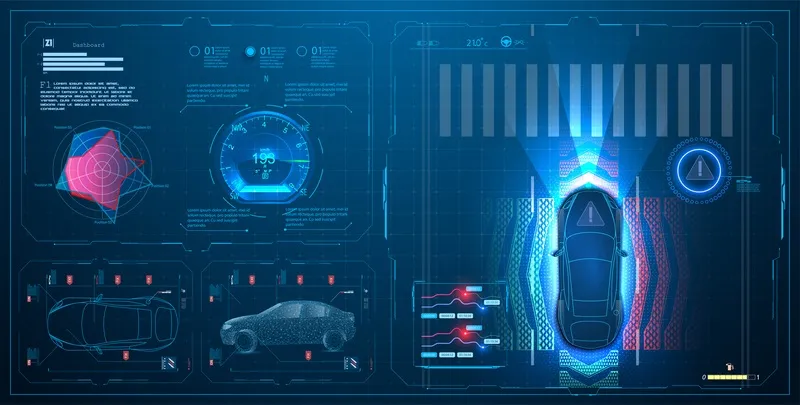Following over 25,000 deaths and hundreds of thousands of injuries on Europe’s roads each year, 90% of which are caused by human error, MEPs are calling for new cars to be equipped with lifesaving driver assistance systems in a draft resolution.
Three-quarters of new cars are still not equipped with the systems due to the extra cost. In response, the resolution suggests only making features compulsory that are already available on the market such as automatic emergency braking systems with pedestrian and cyclist detection.
The systems vary and can also automatically slow a car down to avoid a collision and assist drivers to remain within speed limits. Other systems can start beeping or steer a car back when the driver drifts out of the lane.
MEPs are also looking to assess the possible added value of cutting the blood alcohol limit to zero for new drivers and professional drivers across the EU.
German EPP member Dieter-Lebrecht Koch, author of the non-binding resolution, said: “Whether as drivers, pedestrians or cyclists – we all make mistakes. And in those cases automatic assistance systems are like silent co-pilots that help us avoid accidents.”
MEPs call for driver-assistance systems to made compulsory for new cars
Following over 25,000 deaths and hundreds of thousands of injuries on Europe’s roads each year, 90% of which are caused by human error, MEPs are calling for new cars to be equipped with lifesaving driver assistance systems in a draft resolution. Three-quarters of new cars are still not equipped with the systems due to the extra cost. In response, the resolution suggests only making features compulsory that are already available on the market such as automatic emergency braking systems with pedestrian and
November 17, 2017
Read time: 2 mins










